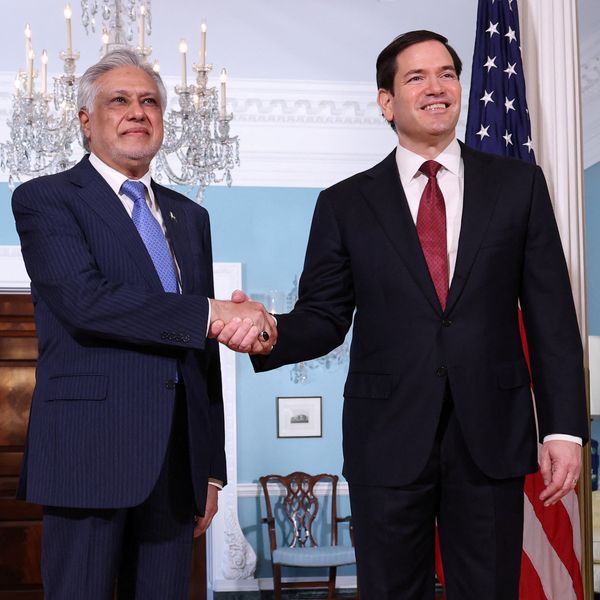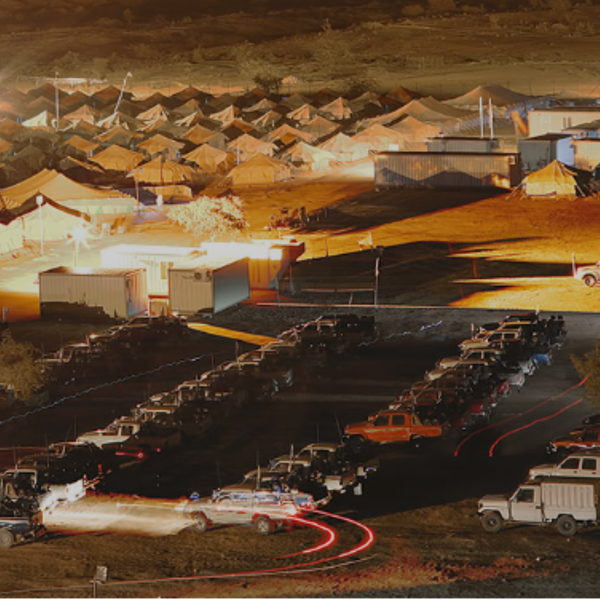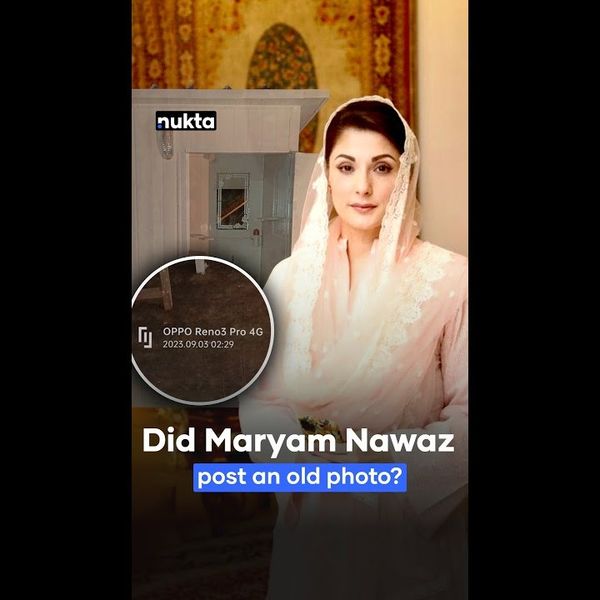Pakistan’s refineries have no future without upgradations: PRL CEO
The country loses $1 billion annually because of its outdated refineries

Shuja Qureshi
Presenter
With over 20 years of combined experience in media and stock brokerage, Shuja Qureshi is a seasoned professional who hosts a weekly stock market show on Nukta. Passionate about personal finance, he also presents 'How to Money with Shuja Qureshi' on Nukta.
No sector in Pakistan is truly problem-free. In fact, several, including cement and textiles, have claimed in recent months that their future is in doubt. One more can now be added to the list: oil refining.
Pakistan loses $1 billion every year because of its outdated refineries. In fact, if Pakistan’s refineries do not upgrade, they have no future, Pakistan Refinery Limited (PRL) CEO Zahid Mir told Nukta in an interview.
Upgrading refineries could attract $5-6 billion in investment and help the country slash its import bill significantly, he added.
PRL’s upgradation
In the interview, Mir shared that PRL has rolled out tenders to appoint an Engineering, Procurement, and Construction (EPC) contractor for its ambitious $1.5 billion upgradation project. The bids are expected to be submitted by December.
The EPC contractor would be selected in the first quarter of 2025, with the financial close anticipated in the last quarter. The upgradation project is slated for completion by 2028.
Mir highlighted the significant impact of the upgradation plan, stating that it would triple the refinery’s diesel capacity and increase petrol capacity six-fold. The project would be executed in three phases — focusing on achieving Euro-5 quality standards, increasing capacity to 100,000 barrels per day, and eliminating furnace oil production.
The CEO emphasized the importance of upgrading refineries in Pakistan, noting that diesel and petrol are positive margin products, while furnace oil is a negative margin product. Currently, 30-40% of refineries’ production is furnace oil, which is exported at a loss. He stressed that without upgrades, refineries in Pakistan would have no future.
‘No capability for deep conversion’
Mir also pointed out that no refinery in Pakistan currently has the capability for deep conversion, which is essential for cracking furnace oil into valuable products like diesel. While Pak-Arab Refinery (PARCO) performs mild conversion, it does not achieve deep conversion.
PRL’s refinery, with a capacity of 50,000 barrels per day, was also originally designed for heavy crude. However, the shift to lighter crude has reduced its optimum capacity to 40,000 barrels per day. Currently, PRL produces 48% diesel and 30% furnace oil of its total production, according to the CEO.
Discussing challenges related to refinery upgradation, Mir mentioned the government had announced incentives for PRL’s upgradation project, which were later made taxable, thus reducing their effectiveness. Despite this, PRL signed an agreement in November last year and continued to negotiate with the government for changes. In 2024, the government revised the incentive policy, and PRL — along with National Refinery Limited, Attock Refinery Limited, and Cynergico — accepted the new terms.
Unexpectedly, the exemption of petrol and diesel from sales tax in the budget added a financial burden to the project, as the $250 million sales tax at the import stage can no longer be adjusted and passed on. This has made the project economically challenging.
However, Mir expressed optimism that the government would soon find a solution to these issues.
The PRL CEO also mentioned the lack of coordination and understanding between ministries and departments, which has contributed to the delays in upgrading. He believes the Federal Board of Revenue (FBR) did not fully grasp the impact of exempting petrol and diesel from sales tax.
Funding for the $1.5 billion project also remains a significant challenge, with equity likely to be 25-35% and debt 65%. PRL is raising financing through the EPC contractor and expects to generate around 16-17% through government incentives. Mir noted that Chinese banks are willing to invest but have concerns given Pakistan's economic situation.
Mir also addressed the issue of diesel smuggling, which has expanded beyond Balochistan to other parts of the country, resulting in an estimated PKR 800 million in revenue loss for the government. He assured that the government is aware of the issue and has promised to take steps to address it.











Comments
See what people are discussing